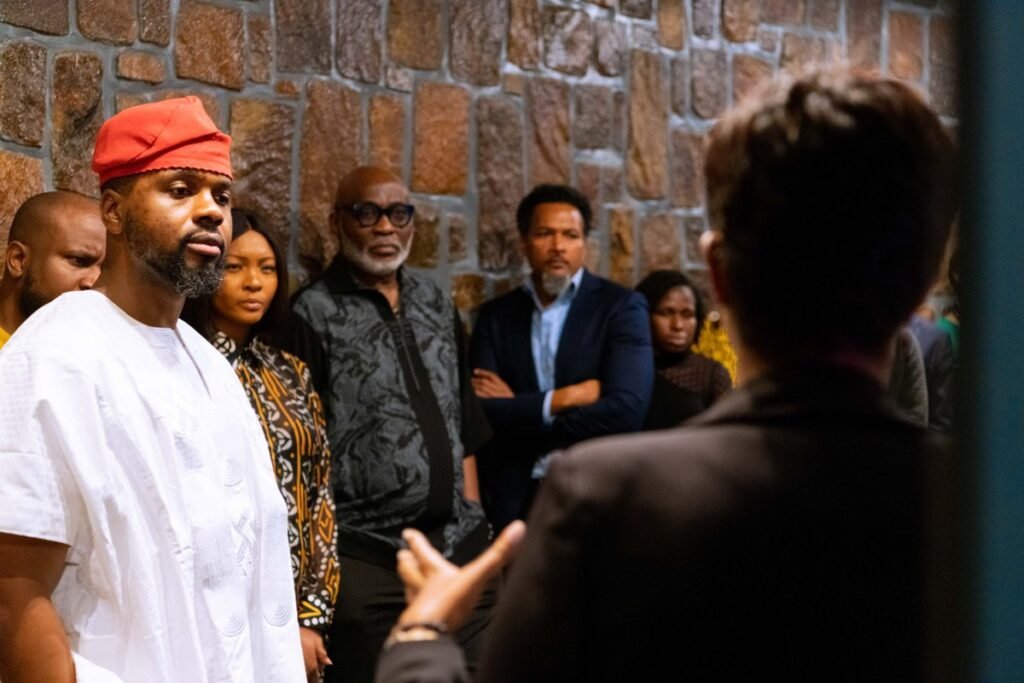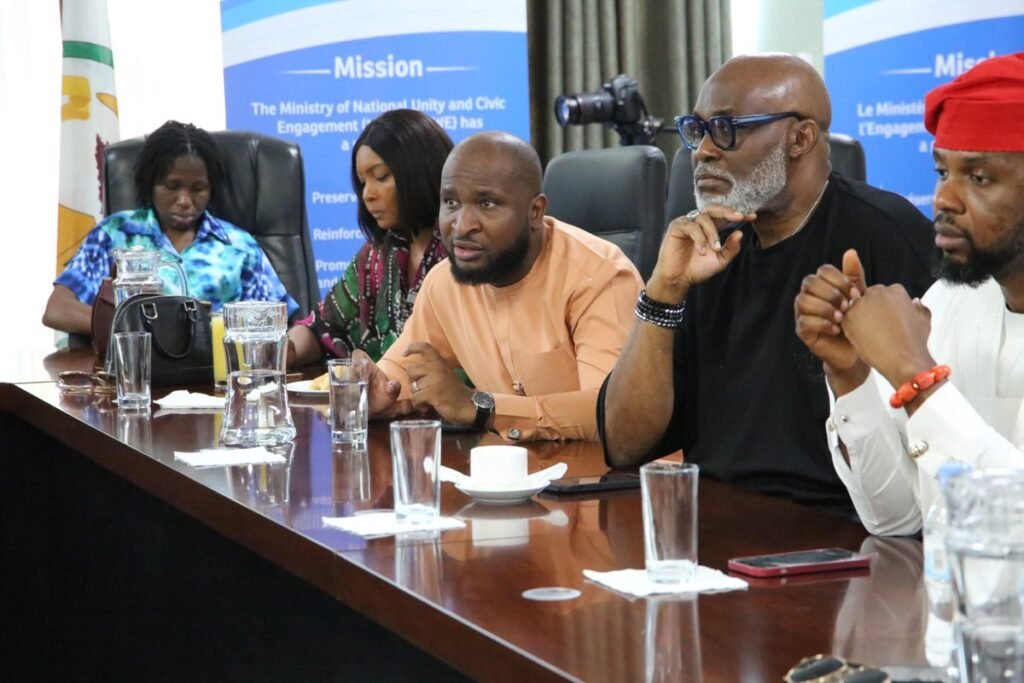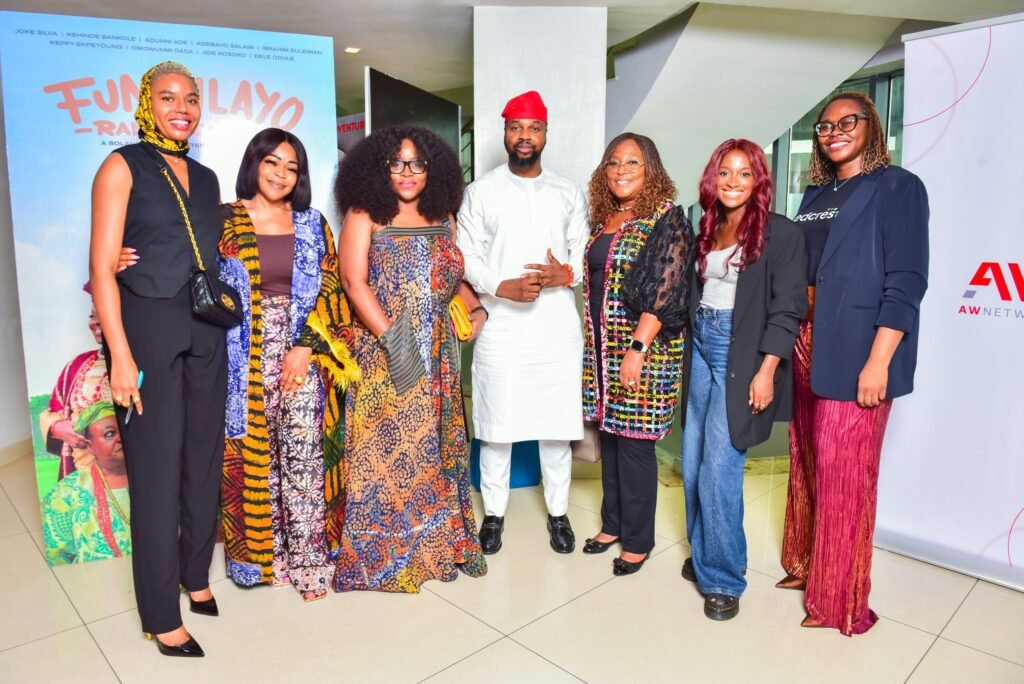At the #DiasporaUSAfricaSummit, Debola Williams delivered a powerful and thought-provoking speech addressing the recent UK visa ban and its implications for African nations. His message was not just a reaction to the policy but a reflection on the broader narrative Africa must adopt to rise beyond such hurdles. His speech was a clarion call for Africans, both at home and abroad, to reframe the stories they tell about the continent and embrace its potential.

The Power of Narrative
Williams began by emphasizing the importance of storytelling. “The stories we tell ourselves and the world are important,” he noted, highlighting how the way Africa is portrayed often shapes global perceptions and policies. While it’s true that many African nations face significant challenges, Williams cautioned against denigrating the continent in response to these struggles. “Things are not great, in some cases not good,” he admitted, “but we must not denigrate our father’s house because it only brings insults on our mother, siblings, and the entire clan.”
This analogy underscored a fundamental point: the act of criticizing Africa in reaction to external policies or internal challenges can harm the collective image of the continent. Instead, Williams advocated for narratives that empower, amplify greatness, and inspire hope. Africa, according to him, is more than its challenges; it is a land rich with potential and resources that need to be celebrated and harnessed.

Africa’s Abundant Resources
Williams pivoted to an often-overlooked fact: Africa’s immense natural wealth. He drew attention to the continent’s role as the source of critical global commodities such as cobalt, which powers the mobile phone industry, and cocoa, the lifeblood of the chocolate industry. “Gold, platinum, arable land, and leather, art, and music,” he listed, emphasizing that Africa is blessed with wealth.
“These stories we must tell so the world remembers, it needs us,” Williams proclaimed, challenging both African leaders and the diaspora to remind the global community of Africa’s indispensable role in powering industries and economies worldwide.

A Vision for the Future
One of the most stirring aspects of Williams’ speech was his vision for a future where African children study abroad, not out of necessity but by choice, to experience cultural diversity. He drew a comparison to the Chinese, who often return to their homeland to contribute to national development after studying abroad. This, he said, should be the vision for Africa’s future: a place where education is an avenue for global exposure, but the ultimate goal is the advancement of African nations.
Williams reminisced about the 1960s and 1970s when African universities, such as the University of Ibadan and Ife, were sought-after destinations for knowledge and expertise. During this era, Africa was respected for its intellectual contributions, and Williams expressed his desire for a return to that era, where Africa becomes a global hub for knowledge and innovation.
Moreover, he pointed out that the billions of pounds Africans pay in emigration fees to the UK could be reinvested in the continent’s own development. This would mark a shift from seeing the West as a solution to African challenges to recognizing Africa’s ability to solve its own problems and even contribute to solving global issues.

The Call for Unity
A key theme in Williams’ speech was the need for African unity. He observed that the West’s global influence is largely a result of unity in purpose and vision. By working together, Western nations have been able to shape global politics, trade, and culture. Williams urged African nations to replicate this unity and cooperation.
“A united Africa will change the game for the future of the continent,” he said, stressing the importance of less competition and more collaboration among African countries. This unity would enable the continent to wield greater influence on the global stage, not just as a collection of individual nations but as a powerful bloc capable of shaping its own destiny.

From Consumption to Production
Williams concluded with a rallying cry for Africa to move from being primarily a consumer of global goods to a producer and problem-solver. He envisioned an Africa that is no longer “shrinking itself to make others comfortable,” but instead actively engaged in creating value across the entire economic chain.
This shift from consumption to production, he argued, would allow Africa to solve some of the world’s biggest problems while simultaneously elevating its own standing in the global economy. This transformation would position Africa as a leader, rather than a follower, in global innovation and development.





